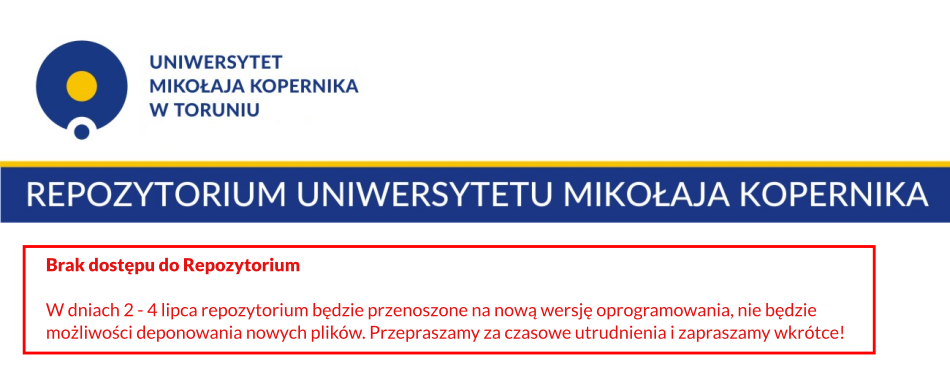| dc.contributor.author |
Perlikowski, Łukasz |
| dc.date.accessioned |
2017-04-19T12:33:58Z |
| dc.date.available |
2017-04-19T12:33:58Z |
| dc.date.issued |
2017-01-24 |
| dc.identifier.citation |
Societas et Ius, No. 4, pp. 125-165 |
| dc.identifier.issn |
23001658 |
| dc.identifier.other |
doi:10.12775/SEI.2015.009 |
| dc.identifier.uri |
http://repozytorium.umk.pl/handle/item/4198 |
| dc.description.abstract |
Main goal of this article is to elaborate basic elements of John Rawls’s theory of deliberative democracy. Main issues are: justice as fairness, problem of stability, idea of overlapping consensus, two moral powers and public reason. We also try to shed some light on the critics of Rawls’s ideas like: John M. Finnis, Herbert L. A. Hart and Michael Sandel. In the conclusion we try to recognize the position of Rawls in the context of history of political philosophy. |
| dc.language.iso |
pol |
| dc.rights |
Attribution-NoDerivs 3.0 Poland |
| dc.rights |
info:eu-repo/semantics/openAccess |
| dc.rights.uri |
http://creativecommons.org/licenses/by-nd/3.0/pl/ |
| dc.title |
Podstawowe elementy doktryny demokracji deliberatywnej w teorii Johna Rawlsa |
| dc.type |
info:eu-repo/semantics/article |


